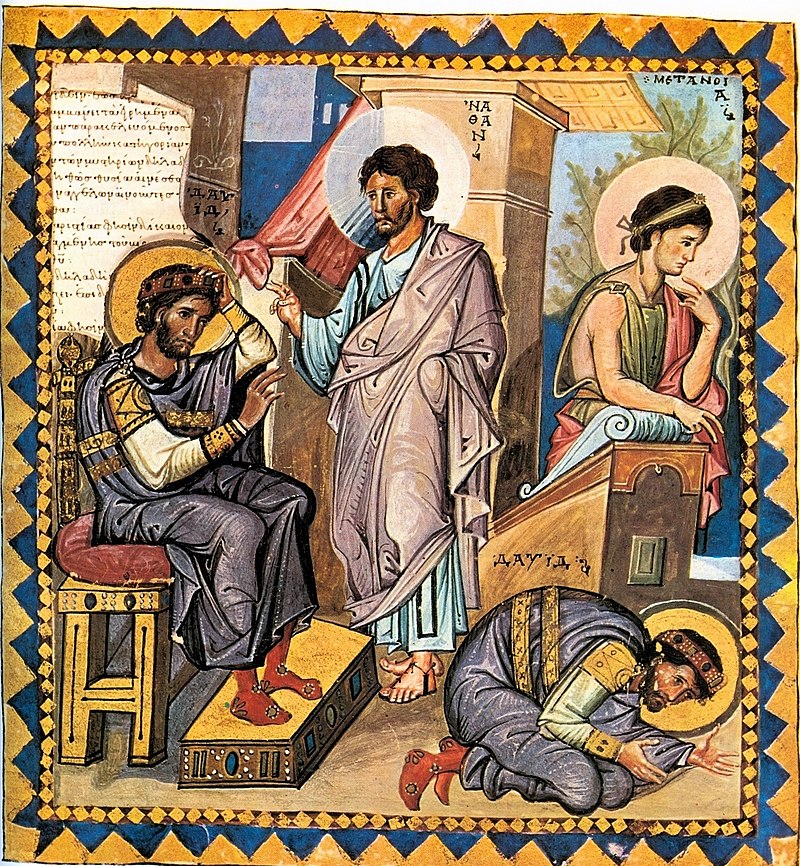Know that the Lord is God! It is He that made us, and we are His; we are His people, and the sheep of His pasture.
Psalm 100:3
The Bible is filled with images that the people of that day would understand that are sometimes lost on us today. The shepherd, the sheep and the pasture are three such terms that everyone back in biblical times would have understood. Even up to a few centuries ago, societies were very agrarian in nature, as opposed to the cosmopolitan society we have by and large today.
Sheep are by nature not the smartest creatures. They are, however, very peaceful creatures. They spend their life grazing in pastures. They are non-aggressive, non-predatory animals. Like other animals, they are almost like lawn mowers, in the sense that they graze in fields and eat up the left-overs after crops have been harvested. The sheep accept their role, and it is an important role in the overall cycle of agrarian life.
The sheep have two problems. First, they need guidance. They won’t just identify or be able to travel to the proper fields in order to graze. So, they need a guide, a shepherd, to direct them. Second, the sheep needed protection. Not only did sheep move slowly, they are by and large not aggressive. They were easy targets for aggressive and fast-moving wolves. So the shepherds not only guided the sheep but protected them.
The job of the shepherd was difficult and dangerous. It was dangerous because of the predatory animals that wanted to attack the sheep. It was difficult because the ratio of sheep to shepherd was often 100 sheep to one shepherd. This is why we read in the Gospels that there is more joy in heaven or one sheep that is found than over 99 who never went astray (Luke 15), because the shepherd was in charge of 100 sheep. This required the shepherd to be constantly moving around to keep the flock together. It required the shepherd getting the sheep into a pen where they would be safe at night, and it required the shepherd to guard the gate to the pen so that no wolves could get in.
The pasture is the place where the sheep are fed. A pasture that has already been picked over and eaten off of would not of any use to the sheep. The “green pastures” (Psalm 23) that are often referred to in the Bible represent places of abundance where the sheep find enough food to eat.
In saying that we are the sheep of God’s pasture, we are acknowledging that He is our shepherd. This acknowledges that we can trust Him to lead us and to protect us. This also acknowledges that we will be trusting and obedient in following Him where He leads us. Because a follower, by nature, must give his trust to the leader. As for God’s pasture, these are the places in life where we find abundance of blessings, mercy, grace and the other things that come from God. God’s pasture includes the church, where we worship. It includes out hearts and souls, where He places His grace. And God’s pasture includes every pocket of the world where there is encouragement and positive, Godly behavior, because this is where we find the abundance of comfort and peace.
In agrarian society, there are pastures that are “picked over” so to speak, where there isn’t an abundance of food at the ready. These pastures can be worked on so that they produce material suitable for the sheep to graze on. Likewise, any place can become a green pasture if properly cultivated—even dark places like prisons and areas beset by poverty can become pastures for God’s sheep when God’s light is brought to them.
We are the sheep of God’s pasture. And thus we should be obedient and trusting in following Him. We should also be joyful that He can lead us to pastures of abundance—of mercy, grace, and peace. Most of us, in our lives, will also have the opportunity to take on the role of shepherd. We will have opportunities to lead and care for others. This analogy of sheep of God’s pasture applies to any leader. Your sheep—which may be your children, your employees, your spouse, elderly parents, friends, etc.—count on you for leadership and protection. It is critical that we lead our sheep in a Godly way, directing them to pastures of abundance, where they will be “fed” and not “starved.” It is critical that we lead them to pastures of safety, grace, encouragement, love, joy, peace and security. As for the pastures we graze in, we should look for the green pastures that God wants to lead us to, and not be satisfied to feed on things that have been picked over, but things that are alive, vibrant, and spiritually good for us.
Make a joyful noise to the Lord, all the lands! Serve the Lord with gladness! Come into His presence with singing! Know that the Lord is God! It is He that made us, and we are His; we are His people, and the sheep of His pasture. Enter His gates with thanksgiving, and His courts with praise! Give thanks to Him, bless His name! For the Lord is good; His steadfast love endures forever, and His faithfulness to all generations. Psalm 100
We are the sheep of God’s pasture. He is our shepherd. The pasture is plentiful.
